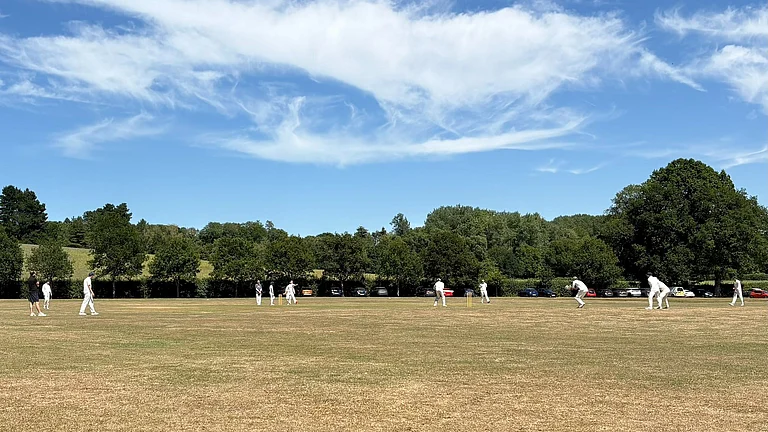The political landscape witnessed a surprising turn of events as the confusion surrounding the Congress' stance on the Centre's Delhi ordinance deepened. In a display of statesmanship, Arvind Kejriwal, the leader of the Aam Aadmi Party (AAP), reached out to Rahul Gandhi during an opposition meeting in Patna, urging him to set aside their differences and forge ahead together, according to AAP sources on Saturday.
During the meeting, Kejriwal directly engaged with Rahul Gandhi on the matter of the ordinance, proposing a resolution over a cup of tea. Emphasizing the need to overcome divisions, Kejriwal conveyed his message, leaving it to be pondered upon by the Congress leader. However, the AAP remains undecided on its participation in the upcoming opposition meeting scheduled to take place in Shimla.
To outline a plan of action, another meeting is slated to be chaired by Mallikarjun Kharge, the Congress chief, tentatively on July 10 or 12 in Shimla. At the crucial gathering in Patna, opposition parties boldly declared their intention to unite and challenge the Bharatiya Janata Party (BJP) in the 2024 Lok Sabha elections.
The AAP issued a statement on Friday expressing skepticism about the possibility of forming an alliance with the Congress following their verbal clash over the contentious Delhi ordinance. During the opposition meeting in Patna, several parties urged the Congress to publicly denounce the "black ordinance," but the party chose not to do so, raising suspicions regarding its true intentions, as highlighted in the AAP's statement.
Sources within the AAP disclosed that West Bengal Chief Minister Mamata Banerjee intervened during the meeting, suggesting that Gandhi and Kejriwal resolve their differences over a shared lunch to address all outstanding issues.
Furthermore, the AAP sources claimed that at the conclusion of the meeting, Kharge accused an AAP spokesperson of making erroneous statements about the Congress. In response, Arvind Kejriwal, the AAP's national convener, firmly stated that Congress spokespersons had also disseminated misleading information about the AAP. Despite these tensions, Kejriwal stressed the importance of moving past their differences and joining forces.
According to the sources, Rahul Gandhi emphasized the need for a structured discussion regarding the contentious Delhi ordinance. Kejriwal requested the Congress to specify a time for the next meeting, but the Congress leaders remained unresponsive. All the prominent opposition leaders present at the meeting urged the Congress to clarify its stance on the ordinance and schedule a meeting to address the matter.
The AAP source also pointed out that their party had consistently supported the Congress on significant issues, such as opposing the cancellation of Rahul Gandhi's Lok Sabha membership. The reluctance of Gandhi and the Congress to engage with AAP leaders raises doubts about the prospects of forging opposition unity. Despite continuous efforts to secure a meeting with the Congress leadership, the AAP's requests have been consistently declined.
Notably, during the joint press conference held by the opposition parties later on, Arvind Kejriwal, Punjab Chief Minister Bhagwant Mann, and AAP's Rajya Sabha MPs Sanjay Singh and Raghav Chaddha were conspicuously absent. Seizing the opportunity, the BJP took a swipe at Kejriwal's absence, citing it as evidence of the "unholy alliance's" future and labeling the AAP's initial tactics as blackmail.
In response to the discussions surrounding the Delhi ordinance, Mallikarjun Kharge stated that a decision on whether to oppose the ordinance would be made before the Parliament session. He questioned why the matter was being debated elsewhere when it pertained to the Parliament's jurisdiction.


























